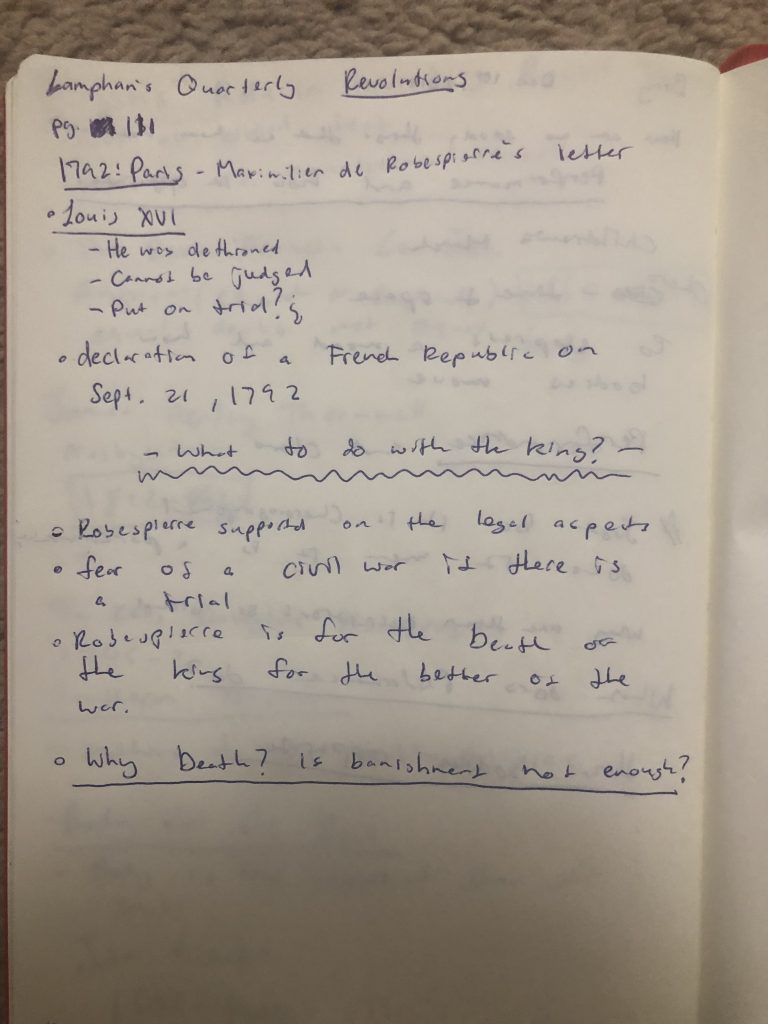For a revolution to occur one or a party must know the current state and seek to create a new balance for the future.
I had many questions on what qualifies something as a revolution
Does it have to have violence?
Is revolution also just good or bad?
A pattern I noticed in understanding revolution was that we always see a shift. Whether this shift was Plato’s The Allegory of the Cave when the prisoners are introduced to “outside” of the cave then their whole definition of life shifts. And to shifts we can see in the life of Sofia Petrovna with Stalin’s Terror. When we see change it is from a shift in thought. This shift for people comes in many definitions, whether it is equality or a shift for their benefit. A paradigm shift comes from when someone seeks for a different viewpoint or assumption. Even in art we can see shifts in style and form. Especially abstraction coming from a new form of reductionism. A balance in form and color.
My understanding of Revolution prior to the class – A radical change made by a party to overthrow the other party.

In unit 1, I learned that objects and ideas are only existent in reference to another thing. The example the Professor Quillen used was that Soda is only soda if we compare it to a water bottle.
This helps me define revolution in that revolution is always in reference to something else.

An example from Lapham that I feel connects to this idea is “1543: Nuremberg”. Nicolaus Copernicus’ proposal that the sun was stationary was in contrary to the belief that it revolved around Earth. Copernicus’ questionable discovery seemed unrealistic, yet based on the evidence he provided he revolutionized the viewing and research on planetary science.
In Unit 5, Dr. Wills spoke on the power of nonviolence and violence forms of revolution. This helped me understand that revolution does not have to be confined into specific categories. Revolution has to have a change that is drastic enough to be considered impactful for its situation. What I mean by situation for example in Lapham Paris 1792, talks about Louis XVI punishment. The punishment of Louis is not nearly as “revolutionary” as to someone that has been personally impacted by his actions. Revolution has many degrees.